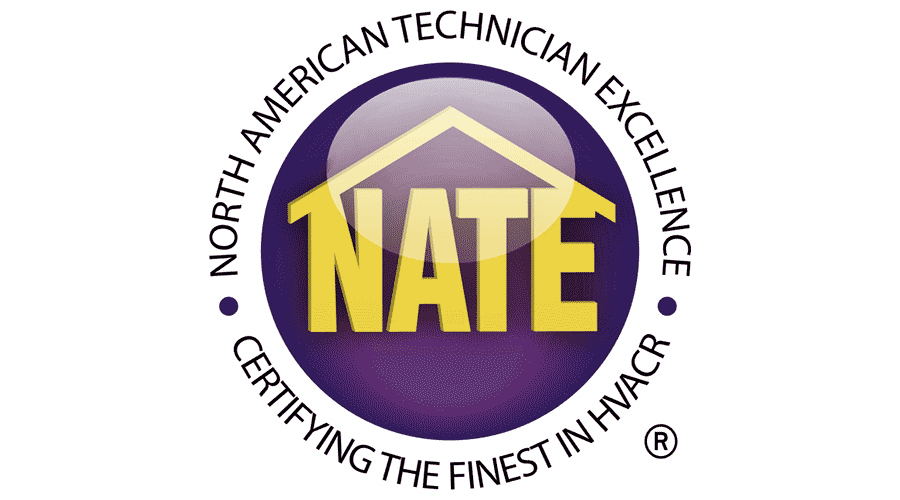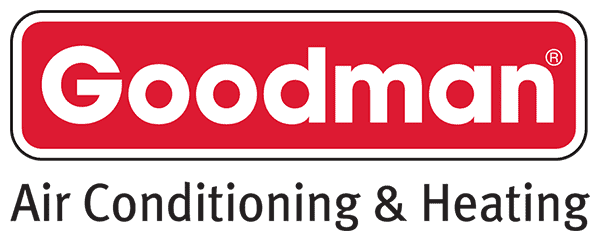Frequently Asked HVAC Questions
What is the average life expectancy of my HVAC equipment?
Most systems will last 10-20 years if they are properly installed and adequately maintained. Most homeowners underestimate the value and importance of having their systems cleaned and checked annually. This will shorten the useful life of the equipment and increase operating costs.
Should I replace or repair my system?
There are several factors to consider, including the following:
- Age of equipment. If it's over 10 years old, consider replacement.
- Cost of current repair
- Repair history
- Energy efficiency
- Equipment performance
- Are you planning to move soon?
- Reliability of your current system
- New equipment warranty. Some manufacturers now offer 10-year parts warranties.
- Tax credits from state and federal government
- Rebates from utility companies
Can I replace my AC system with a larger one?
Probably not. Proper cooling is a function of many items, including ductwork sizing, system run times, and proper humidity control. A larger unit may cool your home faster, but shorter run times will not permit proper dehumidification to occur. Sizing a system for a limited number of extremely hot days will adversely affect its ability to perform properly when it is running the majority of the time. Wider temperature swings and lowered overall comfort will be observed when a system is improperly sized. Increased energy usage and higher utility costs are other reasons to not "oversize" a system.
What about installing a larger furnace?
Installing a larger-size furnace will cause the same issues noted above with the additional danger of overheating and/or the unit cycling on limit.
The outdoor unit on my AC has failed. Can I just replace the outdoor unit?
Probably not. Federally mandated efficiency standards have forced manufacturers to increase the size of condensing units to lower their energy usage. The indoor coil (evaporator) must be properly sized for the outdoor unit it is connected to for proper cooling to occur. Some manufacturer's warranties may be voided by not replacing the indoor coil at the same time the condenser is replaced.
How often should I replace my air filter?
It depends on the type of air filter your system has: 1"-wide disposable air filters should be checked and/or replaced monthly". Media-type air filters should be checked/replaced every 6 months. EAC (electronic air cleaners) should be cleaned every 3 months.
How can I lower my energy usage?
Consider the following:
Annual Maintenance:
Having your system checked yearly by a qualified contractor is critical. A system that is even "just a little low" on refrigerant will have its cooling capacity severely diminished. A dirty coil on the condensing unit will force the system to operate longer at higher temperatures with reduced cooling capacity. A weak capacitor or a bad electrical connection can cause a compressor to fail prematurely.
Attic Ventilation:
Check attic ventilation and insulation. Install a temperature-controlled attic ventilation fan. This will significantly lower your cooling costs if it's not already properly ventilated.
System Upgrade:
Upgrade your furnace and air conditioner to a higher efficiency. AC systems are available up to 20 seer now and furnaces to 95%. If your system is over 10 years old, you should consider replacing it to increase its operating efficiency.
What can you tell me about new refrigerants?
R-22 is being gradually phased out and manufacturers are now prohibited from manufacturing new equipment with R-22 in it. R410a is the current "new" Freon that most manufacturers are now using. As supplies of R-22 become more scarce, its cost is sure to keep increasing. If your system has a slow leak and you have to keep having it "topped off" every year, it would be wise to consider replacement and convert your system to R410a.
Do I really need a CO (carbon monoxide) detector?
YES. Every home should have a CO detector installed on each floor. Hundreds of deaths could be prevented each year by having a working CO detector installed. Thousands more are injured from non-lethal doses of carbon monoxide poisoning. Check the batteries on your CO detector today!
Is one brand of equipment better than another?
The proper installation and maintenance of equipment is more important than a specific brand. A poorly installed name-brand unit probably won't last much longer than an off-brand unit that is properly installed.
What will be involved in taking the old system out?
Many different parts of the HVAC system will be inspected when the employee comes out to replace the unit or perform the pre-replacement inspection for a quote.
Is sound an issue for heating and air conditioning?
Yes. Loud heating and cooling equipment contributes to noise pollution. Although no financial savings are tied to lower sound levels, the sound rating of a cooling system can have a considerable effect on the comfort and enjoyment of your home. The sound level of an air conditioner or heat pump depends on a variety of factors, such as the age and make of the unit, and whether the compressor is insulated or not can contribute to the amount of noise it makes.
What happens when the new HVAC system is installed?
It depends on whether this is the first HVAC system the house has had. If this is the first system, some items that may be needed include wires, ductwork, and chimney lining.
Will commercial HVAC systems stop mold growth?
HVAC systems can stop unhealthy mold growth if they perform efficiently. All you have to do is to keep indoor humidity low to prevent mold growth. They dehumidify, ventilate, and filter the air. Their smooth operation is vital to the health of employees and customers.
Why HVAC preventive maintenance is important.
All mechanical equipment is designed to operate within certain limits. Having your HVAC system undergo preventive maintenance or service on a regular basis is very important because it will help the equipment to function properly and extensive and costly repairs can be prevented.
Do heating and air conditioning systems really need regular maintenance?
The simple answer is yes. Regular maintenance services and tune-ups can extend the lifespan of your system, increase its working efficiency, and allow technicians the opportunity to catch and address minor issues before they become major problems. This ultimately saves you money.
Call (574) 298-3476 for an air conditioning system inspection.








